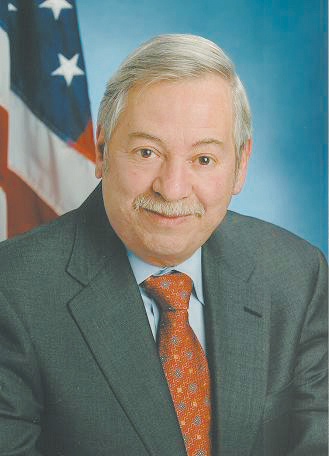November is National Alzheimer’s Disease Month

The month of November is known has been known as Alzheimer’s Awareness Month since President Ronald Reagan made that designation in 1983. According to the Alzheimer’s Association, there were fewer than two million people with the disease at that time. As our nation ages, that number has grown to more than five million.
Alzheimer’s is a type of dementia that leads to memory, thinking and behavior problems. It is the most common form of dementia, accounting for 60 to 80 percent of all cases, and it is also the sixth leading cause of death in the United States.
Sadly, Alzheimer’s disease gets worse over time and eventually advances until a person can no longer accomplish daily tasks. In the beginning, memory problems are mild, but as the disease progresses, patients become unaware of their environment and may no longer be able to carry on a conversation. Once their symptoms become noticeable, Alzheimer’s patients typically live an average of eight years, but can survive for as many as 20 depending on other health factors.